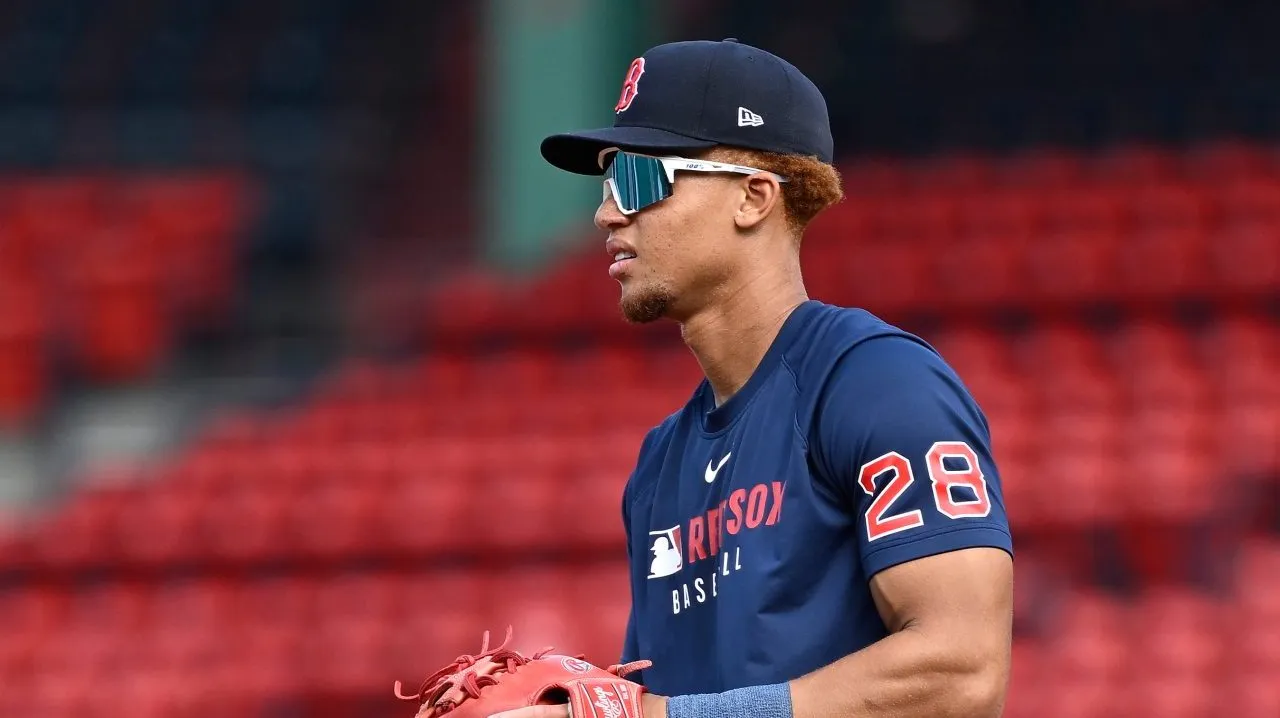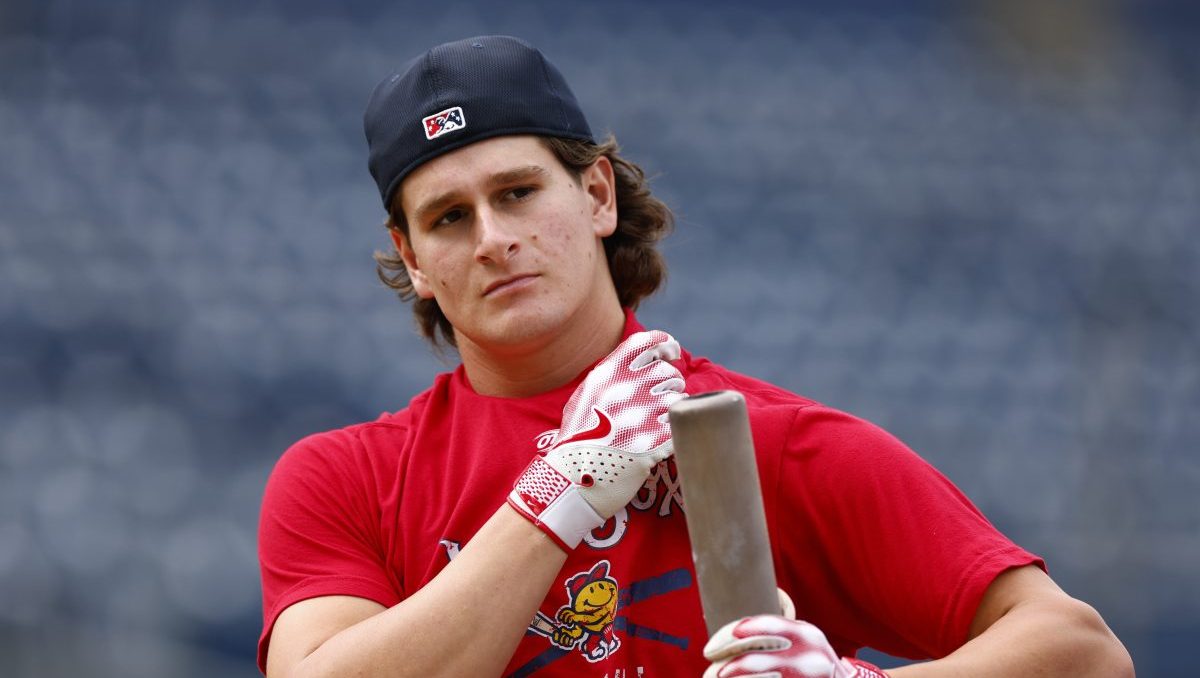Jason Varitek the umpire drew rave reviews for his performance behind the plate during Thursday's intrasquad scrimmage, his exuberant strikeout calls conjuring images of John Travolta in Saturday Night Fever.
"I had to do a double-take," manager Ron Roenicke admitted.
Get the latest news and analysis on all of your teams from NBC Sports Boston by downloading the My Teams App
"I liked having him behind the plate," said starter Nathan Eovaldi. "I felt like he was making some really good calls for me."
Varitek looked the part of a man in blue, donning full umpire regalia and responsibly wearing a facemask under his umpiring mask in a nod to safety. He volunteered for the role, and has no designs on pursuing the job any further; he won't be back behind the plate for Friday's scrimmage.
And that's fine, because while Varitek's foray into umpiring was amusing, what we should really be talking about is his potential as a manager.
For all the talk of Roenicke simply minding the store for whatever becomes of 2020 before the Red Sox welcome back Alex Cora, we shouldn't discount the possibility of Varitek sliding into the dugout.
There's consensus throughout the organization that Varitek is a future manager, if he wants it. He briefly looked like a darkhorse candidate for Roenicke's job this winter, except the timing wasn't right, especially with a young family at home and the demands of the job surpassing even those of his old responsibilities behind the plate.
What's clear is that Varitek checks virtually every box the organization could want.
Boston Red Sox
Find the latest Boston Red Sox news, highlights, analysis and more with NBC Sports Boston.
He understands and embraces the Boston market. His leadership qualities are well-known and earned him the title of captain, which hasn't been filled since he retired in 2011. Perhaps most unexpectedly, he has embraced the analytics revolution, demonstrating a comfort level in his role as a special assistant not just with advanced information, but how to apply it.
It shouldn't be a surprise, though.
No one studied more in support of his pitchers than Varitek, who spent 15 years in Boston as a backstop, making three All-Star teams, winning two World Series, and earning a Gold Glove and Silver Slugger. The postgame image of Varitek at his locker was indelible, with every joint encased in ice, his thighs bulging like tunnel-boring drills and his shoulders as broad as a granite slab.
But if you looked closely, what stood out wasn't the physical toll of calling a game, but the mental one. When Varitek rotated his chair to face the media, he slumped and exhaled as if he had just finished the LSAT. He believed it was his responsibility to know every facet of every scouting report, so that when he flashed the signs, his pitcher would throw with confidence and conviction.
As he pored over binders before each game, he gave the appearance of a brute-force learner, the kid who scores A's and B's by grinding his pencil to dust.
But translating that relatively rudimentary data in the early 2000s positioned him to thrive today. The most advanced scouting report in the big leagues is of little use if it can't be married to performance, and that's how Varitek made his name. It's why former pitching coach Dana LeVangie wanted Varitek to be more involved on a daily basis in 2018, and it's why he has so many fans in the organization now.
The question is whether he wants it. He just turned 48 and he's raising a grade schooler. The disruption to his home life would be significant, and there's also the issue of taking the helm while the Red Sox attempt to rebuild during a pandemic. The timing isn't great.
That said, he's very much a part of the future, even if it ends up being a little down the road. So while everyone got a kick out of watching him call strike three with a Brad Marchand fist pump on Thursday, don't be surprised if one day he finds a home on the bench.


